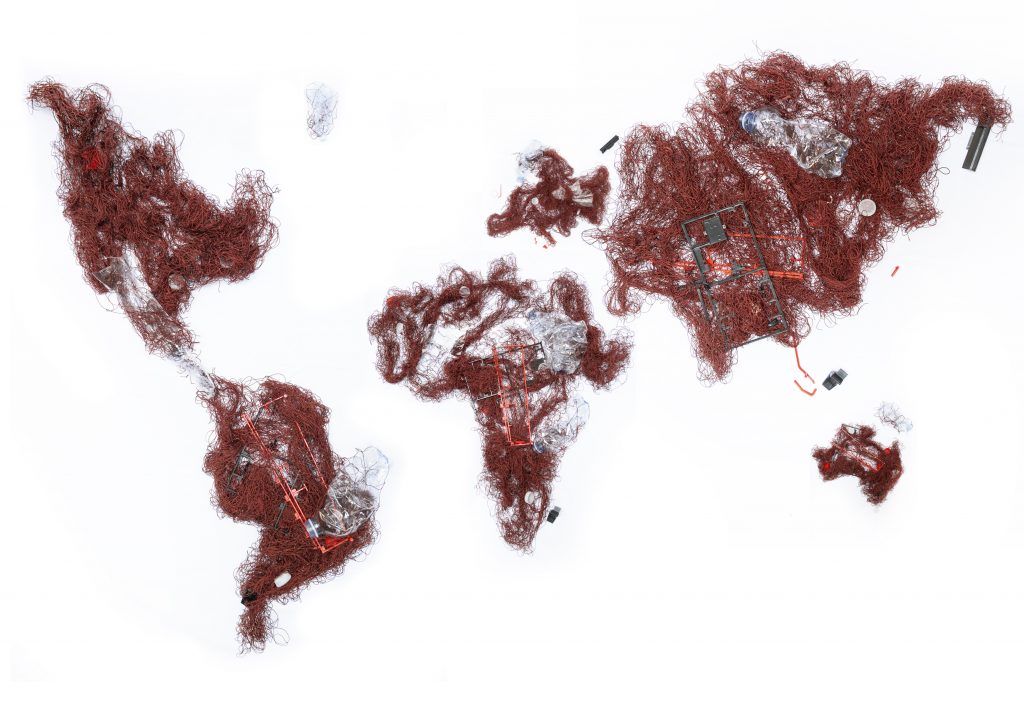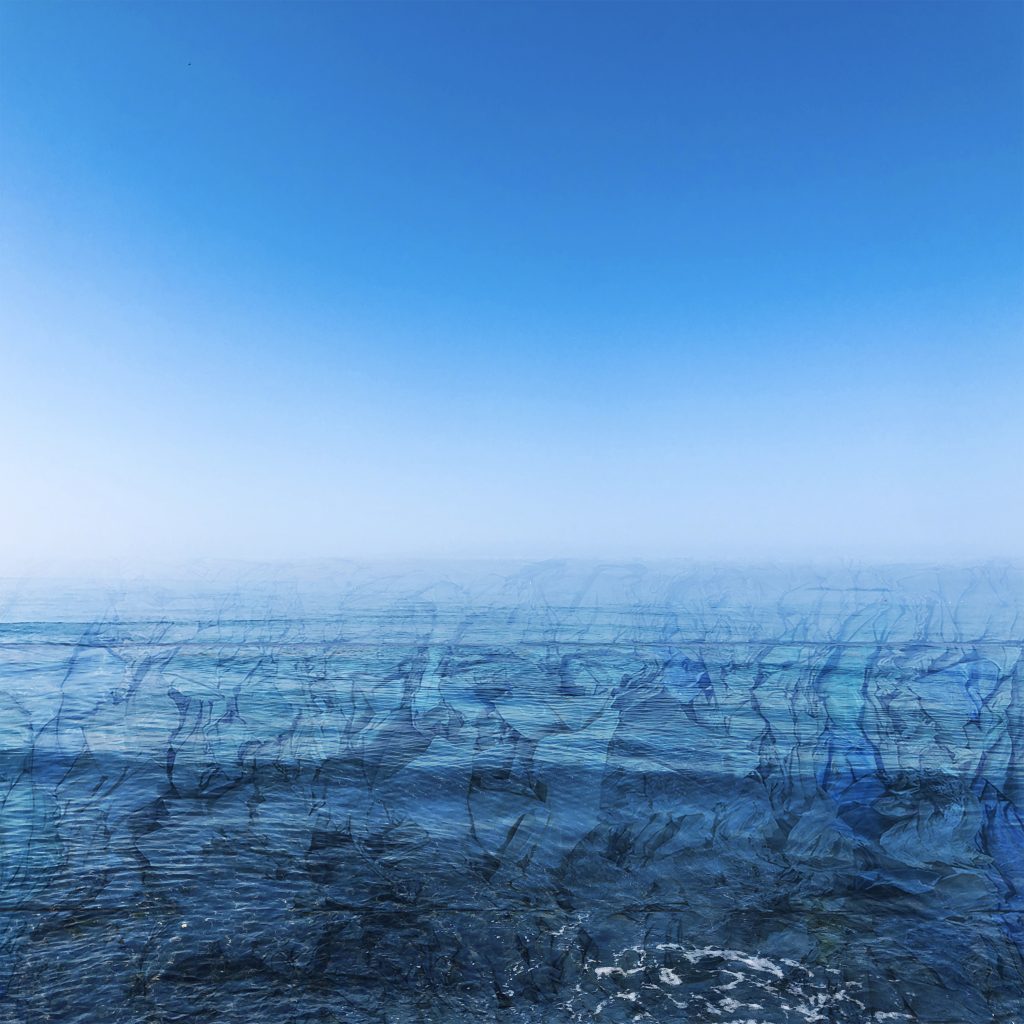by Azzurra Immediato
_
The world of photography is a universe in which the vision of reality meets the sign and trace of lights and shadows, reality and fiction, colour and monochrome, between great myths of the past and experiments that follow the speed of technology and where, as in a sort of ritual, the strength of the images reaches us immediately. A few months ago, during the spring lockdown, I came into contact with the MC2.8 duo, Maria Chiara Maffi and Chiara Giancamilli, a young and talented duo from Milan, with whom I shared an experience regarding their Sailboat project. The world of photography, however, is sometimes smaller than it appears, it might be a matter of optics, objective, perspective or, simply, the cases of life. A few days ago I was presented with Opera Nostra, one of the most important projects of the two photographers, published by UNRIC Italia in the United Nations 2030 Agenda Creativity program and winner of the Italy Photo Award Young Talent 2020.
“Our intent is to tell stories that can be understood by everyone and that can empathize with the viewer“, says MC2.8 and the empathic bond of their story starts from the awareness that the pollution from plastics and microplastics is destroying our seas, asphyxiating them without respite.

Their reflection places at the centre of the narrative an imaginary whose gravity stands before the observer’s gaze as a symbolic metaphor of our time, obviously, but also of the bad behaviour that each of us has had in a complete lack of respect for our planet. Maria Chiara Maffi and Chiara Giancamilli, with Opera Nostra wanted to lend a hand, do something to try and correct, in some way, the mistakes of humanity, with a reasoned and symbolic manipulation of the image through the reuse of plastic materials. The images, in fact, are printed on plastic or acetates, a tangible declaration that even from waste something with an artistic and cultural value can be born, or rather, be reborn. The ex-ante study carried out by the MC2.8 duo is massive and very disheartening for the planet, therefore, the photographs that make up this sort of visual moral tale embrace the most varied sensitivities, not through distressing documentation, but through an imaginative aesthetic tension which, in the game of transformation, conveys its deepest message.
In an interview of some time ago, MC2.8 said: “The whole world throws its nets, receiving plastic in return. The same net gives life to a small goldfish, called to represent the entire marine community, inside which we find plastic fragments.”

Their gaze, via Google Earth, flew over Asia and Africa, America and Europe, an observation then impressed on photographs subsequently printed in inkjet on transparent plastic sheets. Here the Yangtze river in China, the Nile, the Amazon River and the Danube have proved incredible carriers of pollution in the seas, tons of plastic poured into the waters, a disaster that the two artists wanted to tell in an itinerary composed of allegorical conceptual constructions in order to generate new and necessary responsibilities. Polluting matter and artistic matter have merged, giving rise to a peculiar vision that generates an unusual and anti-rhetorical relationship with our daily behaviour, so superficial and unaware that MC2.8, through Opera Nostra, wanted to underline a deeply disturbing fact: every year we introduce over fifty thousand plastic particles into our body.
One of the photographs of the project, emblematically titled Human beings are the victims and executioners of the waste they produce, outlines the anthropological character of what we can consider a huge disaster and Opera Nostra, in its photographic and ontological complexity, stands as an imaginative metaphor for the world disfigured by our era, the Anthropocene, in which man has made himself a victim but, at the same time, stained himself with the responsibility of being the executioner of such devastation.

The two artists wonder: “When will we learn to love each other?” Perhaps never, too narcissistic as we are to escape the Ovidian myth we never fully understood. Opera Nostra begins its journey around the world starting from a reflection by Franco Borgogno, that MC2.8 has chosen as the manifesto of their research, taken from the book A sea of plastic: “I have visited many places to take samples with scientists and researchers, and we found plastic bags everywhere: in polar ice and in the Arctic sea, in the river Po and in the Mediterranean. We even saw some on the mountain peaks. ”
Photography stands as a medium to tell, to go as far as our gaze does not reach and to place, in front of our veiled eyes, the role we have abandoned. The truth of the MC2.8 photos is not merely a translation and recording of reality but, through a different language, the truth that emerges is much deeper and tries to reach the gangrenous roots of our time.
All images: © MC2.8 (Maria Chiara Maffi, Chiara Giancamilli)
July 9, 2020




